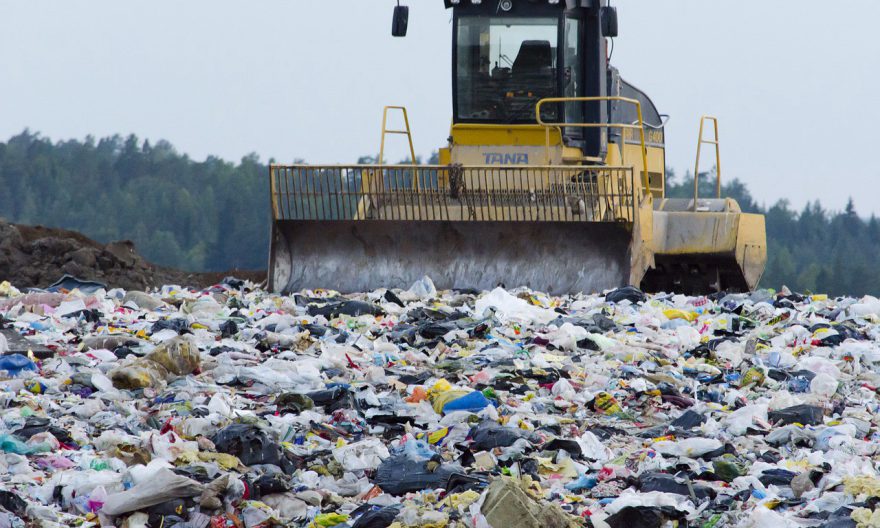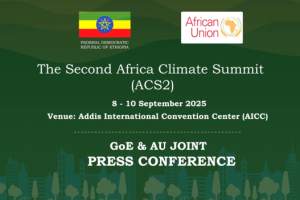
A Research by National Data Management Center for health (NDMC), Ethiopian Public Health Institute (EPHI) on July 2020 announced that 278,288 deaths attributable to household air pollution from solid fuel were reported among 12 East Africa countries in 2019.
According to NDMC research finding The Ethiopian Herald found from the Institute last year, there high prevalence of household air pollution from solid fuel, more than 50 per 100 people in Somalia, Burundi and Ethiopia in 2019, due to lack of clean energy. In Ethiopia, EPHI stated, 67,827 deaths attributable to household air pollution from solid fuel were reported in 2019.
The research further stated that almost all deaths from the air pollution were due to respiratory infection and tuberculosis, maternal and neonatal diseases and conditions, cardiovascular diseases, chronic respiratory disease, diabetes and Kidney diseases across all countries. These diseases and conditions were among the top leading causes of death in each country in East Africa, it added.
Premature mortality and disability attributable to household air pollution from solid fuels were highly prevalent in Somalia, DR. Congo, Ethiopia, Tanzania and Uganda, the research underlined adding in 2019 household air pollution from solid fuel was the first leading risk factor attributing to premature mortality and the second leading risk factor for ill health in Ethiopia.
The institute reiterated that, though, the trend of death rate per 100, 000 populations attributable to household air pollution showed decline in Ethiopia and all countries of the region between 1990 and 2019, it was unacceptably high in Somalia (272 deaths), Burundi (186 deaths), DR. Congo (157 deaths), Eritrea (140 deaths), South Sudan (133 deaths) and Ethiopia (130 deaths) per 100, 000.
According to the research, the Nile Basin and East African countries could have averted about 278,288 deaths attributable from household air pollution from solid fuel in 2019, if their electricity access coverage was 100 per cent. But, due to lack of clean energy access, these 12 countries lost hundreds of thousands of lives only in a year due to house hold air pollution from solid fuels.
According to the UN Environment Program (UNEP) this week’s report, around seven million people die every year from diseases and infections related to air pollution globally. Environmental pollution and other environmental risks related causes 24 percent of global deaths according to the United Nations Environment Program.
These two, regional and global reports, indicated that air pollution driven deaths and diseases are a common global problems consuming millions of lives every year. Environmental pollution and indoor household air pollution due to lack of clear renewable energy are a serious and common problems of the world population especially the developing world. To avert such problems, it needs investments in clean energy, cooperation for the realization of sustainable development goals and efforts of developing countries to achieve local energy demands.
In this regard, the EPHI research finding recommended that huge investments in clean energy could avert the high death attributable to indoor air-pollution from solid fuels in East Africa. According to the institute, investments like the Ethiopian Grand Renaissance Dam (GERD) and other local and regional efforts to meet the energy demand of each country’s population are the only solution.
Hence, it the research underlined, countries of the Eastern Africa and Nile Basin Countries, should cooperate and work hand in hand for the realization of the GERD power plant and other similar initiatives to halt the death tolls due to absence of clear energy.
For UNEP, not only indoor air pollution, unmanageable outdoor air pollution is also a threat for healthy life of the world population, citing millions of deaths due to air and environmental pollutions.
In connection with the 2021 International Day of Clean Air for Blue Skies, celebrating every year on September 07, the UNEP report disclosed that one-third of the world’s countries have not legally-mandated outdoor air quality standards. This year’s International Day of Clean Air for Blue Skies was celebrated with the theme “Healthy Air, Healthy Planet” which emphasizes the health aspects of air pollution.
The focus of the day is prioritizing the need for healthy air for all, including focus on addressing climate change, human and planetary health as well as the Sustainable Development Goals, according to UNEP website.
The Environment commission of the UN reiterated that in addition to the one-third countries which don’t have outdoor air quality standards, at least 31 per cent of countries that do have the power to introduce such outdoor air quality standards have yet to adopt them. These findings, according to UNEP, are key findings of the first-ever assessment of air quality laws and regulations.
According to the “Regulating Air quality: the first global assessment of air pollution legislation” by UNEP, air pollution has been identified by WHO as the single largest environmental health risk, with 92 per cent of the world’s population living in places where air pollution levels exceed safe limits, disproportionately affecting women, children and elderly people in low-income countries.
Though WHO presented guideline values for ambient air quality, the report indicates, there is no alignment and common legal framework for applying the guidelines. In at least 34 percent of countries, UNEP assessment report added, outdoor air quality is not yet legally protected.
UNEP Executive Director, Inger Andersen stated that ‘there will be no jab to prevent seven million premature deaths caused by air pollution each year, a number poised to grow by more than 50 percent by 2050.” “The air we breathe is a fundamental public good and governments must do more to ensure it is clean and safe,” he added.
According to the authors of the report, even the most admirable national air quality objectives must be supported with strong institutional frameworks, implementation capacity and well-coordinated laws, for the effectiveness.
UNEP on its new report calls on more countries to adopt robust air quality laws, which includes setting ambitious standards in law for both indoor and ambient air pollution, improving legal mechanisms for monitoring air quality, increasing transparency, significantly enhancing enforcement systems, and improving policy and regulatory coordination for national and trans-boundary air pollution.
The UN environment agency, UN Environment Program (UNEP) announced this week that four UN agencies, the World Health Organization (WHO), the United Nations Development Program (UNDP), UNICEF and the United Nations Environment Program (UNEP) have partnered to create a compendium of 500 actions aimed at reducing death and diseases driven by environmental risk factors. The partnership aims to mobilize resources and to unite expertise from across the UN system to fight the problem jointly.
Environmental pollution and other environmental risks cause 24 per cent of deaths through heart disease, stroke, poisonings, traffic accidents, UNEP stated. This toll could be substantially reduced, even eliminated, through bold preventive action at national, regional, local and sector-specific levels, it added.
Air pollution alone leads to 7 million deaths each year, while climate change is expected to contribute increasingly to a broad range of health impacts, both directly and indirectly through effects on biodiversity. Hence, the UN agencies compendium can play an important role in achieving health quality, as low and middle-income countries bear the greatest environmental burden environmental burden in all types of disease and injuries.
The new alignment of the UN agencies calls for scaling up of actions at national, regional, local levels with outlined interventions classified according to principally involved sectors.
The 76th session of the United Nations General Assembly (UNGA 76), the yearly regular session, is expected to commence on the coming Tuesday to discuss on various global agendas. The Agenda 2030, SDG and climate change are among the agendas expected to be discussed by the UNGA. The right to a healthy environment, including clean air, is crucial to achieve the Agenda 2030 and SDG on good health, affordable and clean energy, sustainable cities, responsible production and life on earth, according to the UNEP.
BY DARGIE KAHSAY
The Ethiopian Herald 9 September 2021




